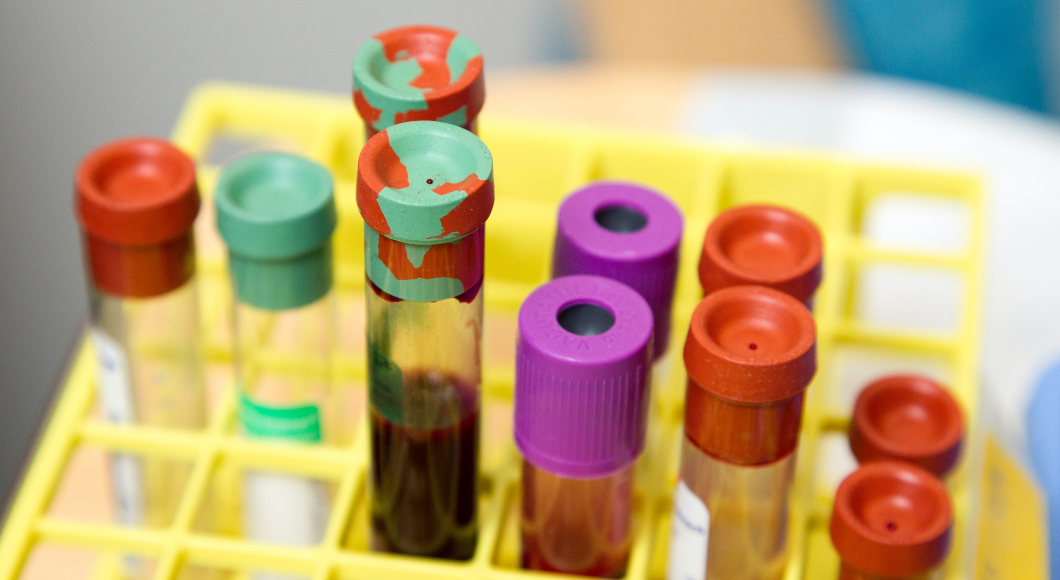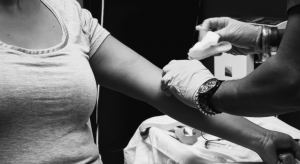You know the analogy — throw a pebble into a pond and watch the ripples spread from the center and travel endlessly outward. The coronavirus is like the pebble. Not only is the virus making people very sick, but it’s also effecting businesses, schools, restaurants, and nearly anything else you can think of.
 What you may not realize is how COVID-19 is interfering with blood and plasma donations. With people social distancing and hunkering down at home, blood and plasma donations have taken a massive hit. These precious fluids save and support thousands of lives, be it from disease, car accidents, organ transplants, or tragic burn accidents, to name a few.
What you may not realize is how COVID-19 is interfering with blood and plasma donations. With people social distancing and hunkering down at home, blood and plasma donations have taken a massive hit. These precious fluids save and support thousands of lives, be it from disease, car accidents, organ transplants, or tragic burn accidents, to name a few.
>> RELATED READ :: Where to Donate Blood & Plasma in Fort Worth <<
What’s more, doctors are finding that plasma from recovered COVID-19 donors, called convalescent plasma, can boost immunity in patients suffering from the virus. Plasma, the liquid part of blood, contains antibodies that fight infection and disease. When a patient suffering from COVID-19 receives plasma rich with coronavirus-fighting antibodies, the patient begins to recover by showing less clinical signs, such as easier breathing and lack of fever. There are strict guidelines for people who have been infected to donate, but the medical community, including the surgeon general, is urging those who qualify to give.
Guidelines that were previously in place have been loosened due to the urgency of needed donations, for COVID-positive and -negative donors. For example, if you got a piercing or tattoo, usually you’d have to wait 12 months before donating blood, but now you only have to wait three months. If you’re sick, on certain medications, or have travelled to a country at risk of malaria, you may not qualify to donate.
Where to Go
 You may be wondering “How can I help?!” Below is a list of places to donate blood and/or plasma, and you can also visit the American Association of Blood Banks and COVIDPlasma.org to find a location near you:
You may be wondering “How can I help?!” Below is a list of places to donate blood and/or plasma, and you can also visit the American Association of Blood Banks and COVIDPlasma.org to find a location near you:
- BioLife Plasma Services — Arlington, Burleson, and Fort Worth.
- Carter BloodCare — several locations in Fort Worth, as well as Denton, White Settlement, and Weatherford.
- CSL Plasma Donation Center — Fort Worth, Grand Prairie, and Haltom City.
- Grifols Plasma Center — Carrollton, Dallas, and Fort Worth.
- Octapharma Plasma — Fort Worth, Grand Prairie, Dallas, and Lewisville.
What to Expect
 Once you select a place to donate, you’ll be asked a series of medical questions to see if you qualify. There are overlapping guidelines for donating plasma and blood. For example, donors must be at least 18 years of age to donate plasma (age 16 to donate whole blood), weight at least 110 pounds, and pass medical screenings and testing for transmissible viruses. If you’ve had coronavirus, you must be symptom free for 28 days, or symptom free for 14 days and have proof of a negative COVID test.
Once you select a place to donate, you’ll be asked a series of medical questions to see if you qualify. There are overlapping guidelines for donating plasma and blood. For example, donors must be at least 18 years of age to donate plasma (age 16 to donate whole blood), weight at least 110 pounds, and pass medical screenings and testing for transmissible viruses. If you’ve had coronavirus, you must be symptom free for 28 days, or symptom free for 14 days and have proof of a negative COVID test.
Donating blood takes around an hour, while plasma takes up to two hours. Neither hurts except for the sting of the needle, which draws the blood.
If you’re donating plasma, the plasma is separated from the red blood cells, and the blood is mixed with a sterile saline solution and returned to your body. The saline helps the body replace the plasma.
Some people may feel lightheaded during and after donating from a dip in blood sugar, so be sure to snack on something sweet after donating — you’ve earned it!
Pandemic or not, the world keeps spinning. Car accidents keep happening, people still need surgeries, and fires still leave burn victims behind. In short, unhealthy people still need help. They need blood and plasma to help them recover, and you can be part of the solution.













